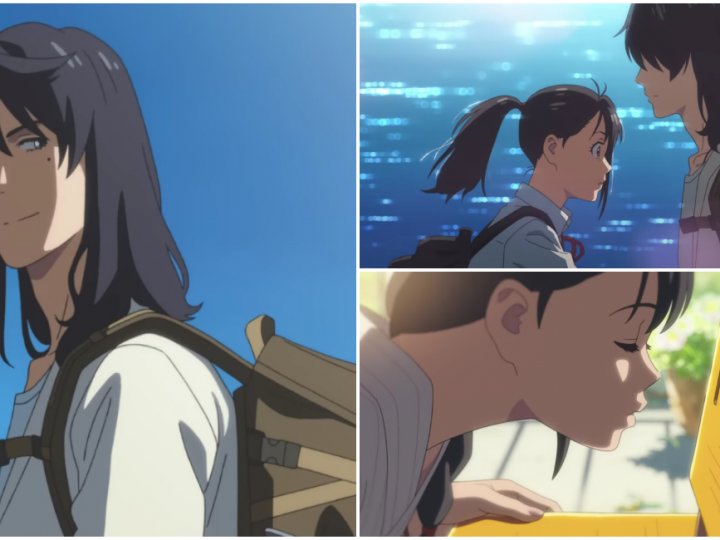How The Headliners of ‘SACRA MUSIC FES. 2024’ Approach Songwriting for Anime
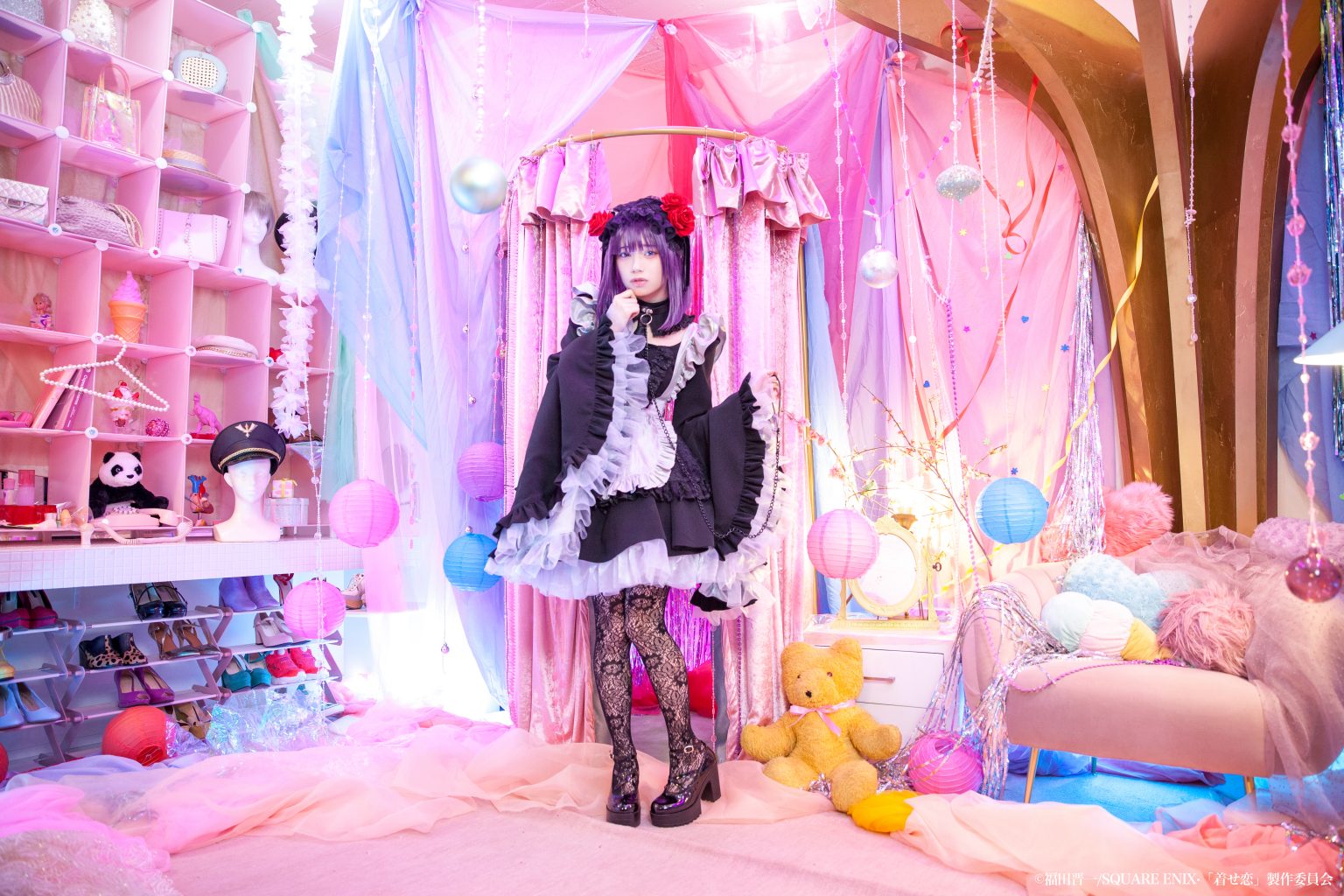 Thirsty for JUICE content? Quench your cravings on our Instagram, TikTok and WhatsApp
Thirsty for JUICE content? Quench your cravings on our Instagram, TikTok and WhatsApp
With iconic songs from the likes of Jujutsu Kaisen, Naruto, and Gundam Build Divers, the upcoming SACRA MUSIC FES. 2024 is more than just an anime-themed music festival.
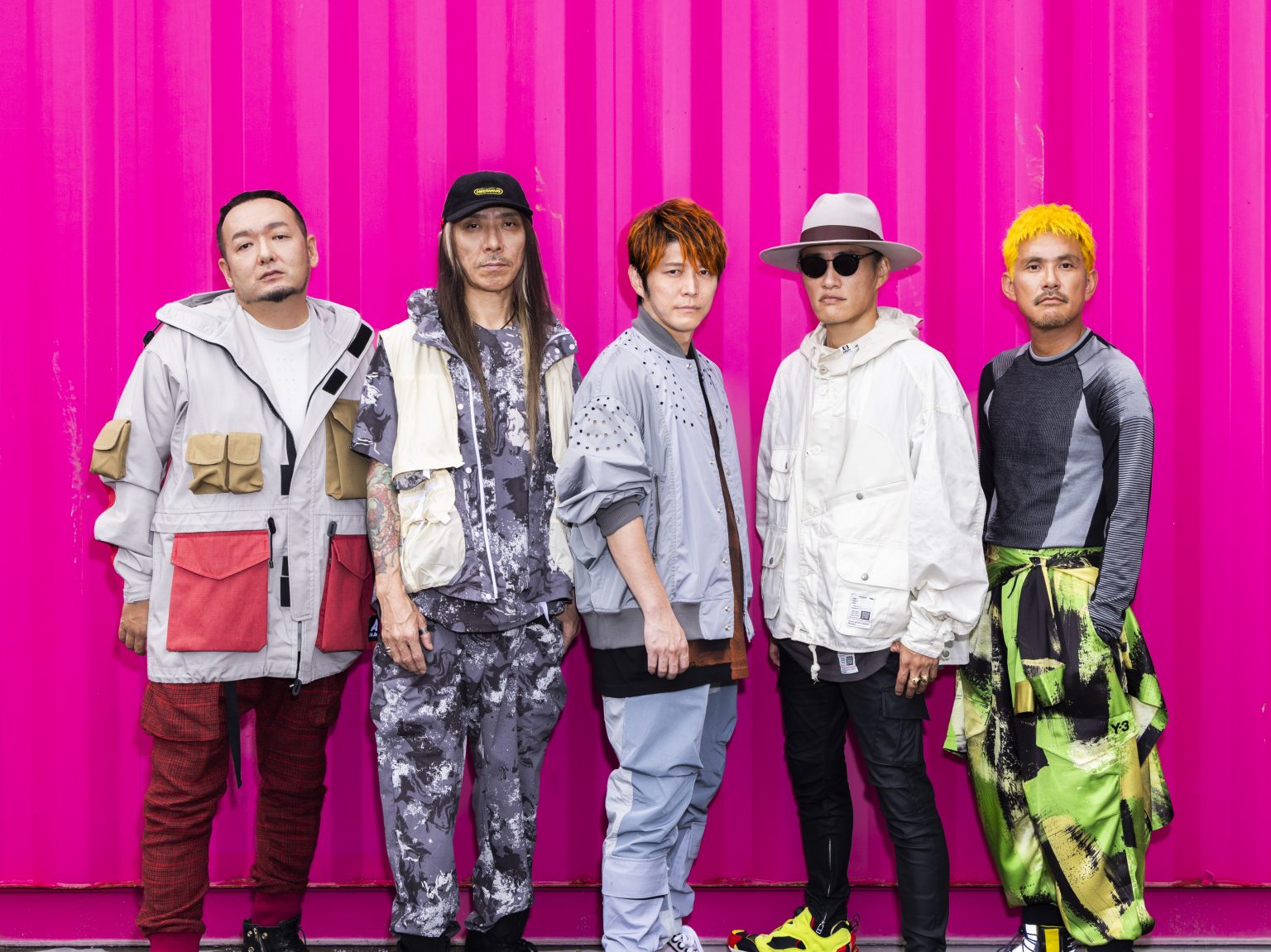
Happening for the first time in Kuala Lumpur at Zepp KL on 3 February 2024, this is one of the most exciting music festivals to come around the city in quite a while.
Headlining this festival are FLOW, ASCA, spira spica, Who-ya Extended, and Akase Akari, the Japanese musical artists behind beloved songs that accompany some of the biggest anime series of all time.
JUICE had the opportunity to interview all five of these musical acts and learn more about their experiences and creative processes in making music for the animated medium.
The interview was conducted in Japanese and has been translated and edited for clarity.
Introduce yourself and how you got your start in music
Keigo from FLOW: The band was formed by brothers KOHSHI and TAKE, and later joined by KEIGO, GOT’S, and IWASAKI, which solidified its current lineup in 2000. We made our major debut in 2003 and celebrated our 20th anniversary year last July.
ASCA: Hello, everyone. I’m ASCA, a singer. I made my major debut in 2017 with the ending theme ‘KOE’ for the second season of the TV anime Fate/Apocrypha. Since then, I’ve had the opportunity to sing numerous anime songs and have been fortunate to perform in many live shows overseas.
My journey in music began when my mother and teacher praised my singing as an elementary school student. In junior high, I started attending music classes, and participating in auditions became a turning point for me.

Makiha from spira spica: I’ve loved singing since I was a child, it was just so much fun. Whether I was riding my bike, taking a bath, or even going to the toilet, I was always singing.
During my student days, I formed a band and took on the role of the vocalist, which is when I started my music career in earnest.
“spira spica” carries the beautiful meaning of “Guiding with the light of hope even on the darkest paths”. We hope to bring you energy and smiles with our live performance!
Who-ya from Who-ya Extended: Hello, everyone in Malaysia. Nice to meet you. I’m Who-ya from Who-ya Extended. It all started when I formed the band with friends back in middle school.
The scene I saw during our first live performance left an unforgettable impression on me. Curious about how far I could go, I continued, and it has led me to where I am now.
At that time, I was performing as a band, but now I am active as a “creative unit” that can flexibly create works and change the lineup for each song and live performance.
Akase Akari: “Are you not interested in music?” It all started when my staff asked me that question when I began my career as an actress.
I’ve always loved singing, so even though it’s not my forte, I replied, “I like it!” and that led to them asking me to listen to some songs which led to my musical debut in 2022.
What makes a song perfect for an anime’s opening or ending in your opinion?
TAKE from FLOW: I believe it’s music that can create a synergistic effect that resonates with the work.
ASCA: I believe that the singer who can continue to convey the greatness of the anime is the right person to do so.
As a singer, singing the theme song long after the anime has ended is a way for me to contribute, to keep telling everyone that there’s this amazing anime. I’m committed to this belief in my activities.
Thanks to encountering anime songs, I’ve been able to travel around the world. Therefore, I want to continue repaying this favour through my singing in the future.
Makiha: I think anime openings and endings each have their appropriateness and roles. Openings enhance the excitement, signalling the start of something exciting.
On the other hand, endings provide a song to immerse in, allowing you to enjoy the lingering emotions. When I create and sing anime songs, I consciously aim for that kind of distinction.
Who-ya: First and foremost, it is important for an anime theme song to vividly depict the worldview and message of the work.
Every time I am entrusted with an anime theme song, I am amazed by how accurately the characters’ perception of the world and emotions are portrayed, so I think it is expected of the artists to capture and portray the same depiction of emotion and perception.
It is always difficult but also most rewarding to blend what we want to express with the theme that is the core of the work.
Akari Akase: I think it’s about compatibility with the anime. If the lyrics, music video, and singing style are in line with the anime, it becomes something that not only fits perfectly but also brings joy to the viewers from their perspective.
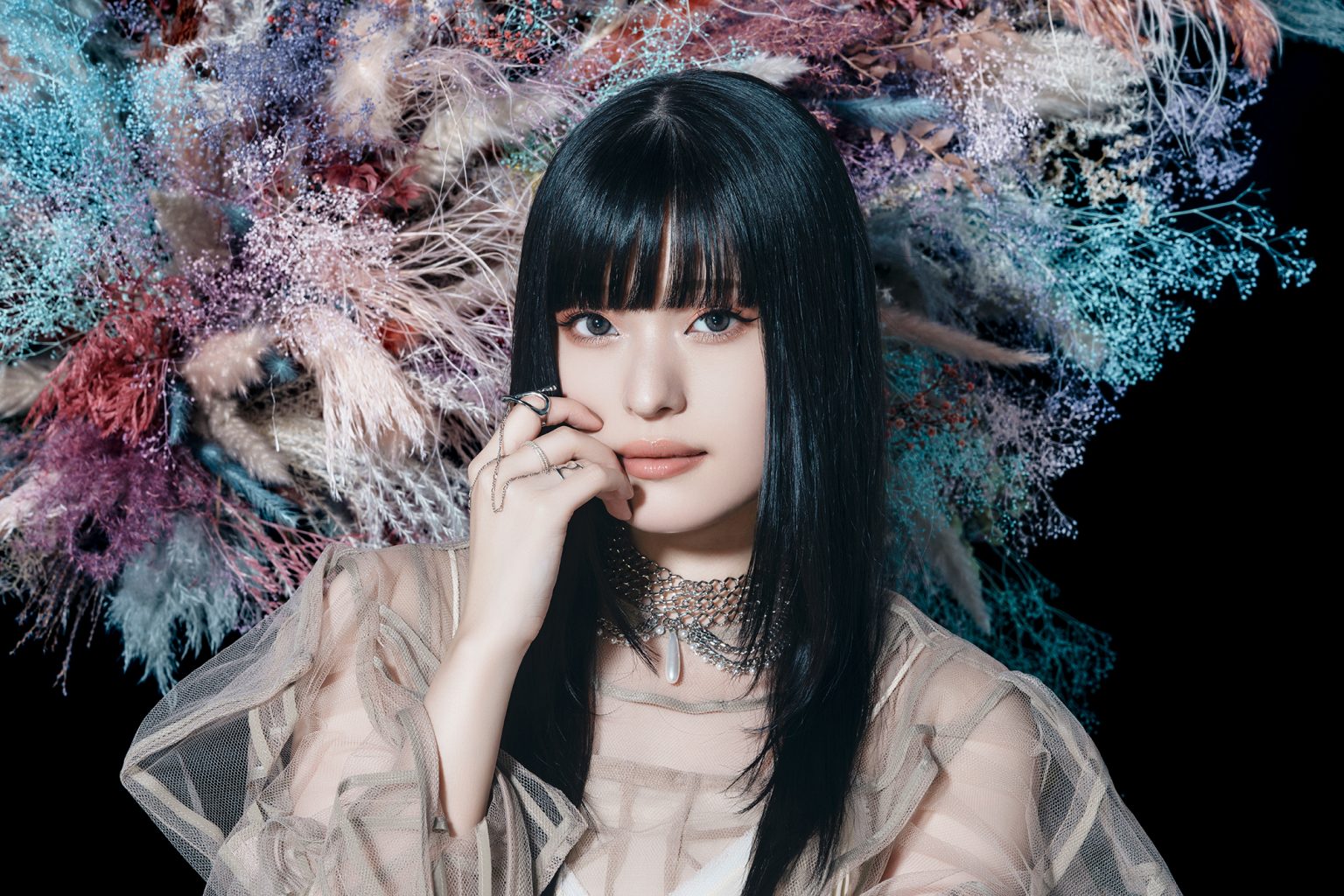
What is your songwriting process and what inspires you?
TAKE from FLOW: If it is an adaptation of a manga, I will read through it, and if it is an anime original, I will read through the setting materials and storyboards to incorporate the worldview of the anime into my own. Then, I approach music production in a state inspired by that.
ASCA: To sing with respect for every work, I start by immersing myself in the source material, scripts, and other relevant materials before proceeding with music production.
I always begin by finding a connection and resonance between the work and my own emotions, searching for protagonists, conversations, and keywords that resonate with me.
When the essence of the anime is conveyed through the synergy of the work and ASCA, and I receive messages like, “I first learned about it from the song, but now I love the anime,” it truly brings me joy.
Makiha: In the case of anime songs, I immerse myself in the scenario or original work, finding points where my feelings and thoughts overlap. From there, I craft the lyrics.
Additionally, since I love live performances, I often think about what kind of song would be enjoyable for everyone during a live show. Inspiration hides in various aspects of daily life.
For example, while having sushi at a conveyor belt restaurant, I might think, “I want everyone to spin around like this sushi in a live performance!” That idea led to the creation of a song called ‘Circle Fish’.
Akari Akase: When I sing, I focus on presenting the world through My Dress-Up Darling protagonist, Marin Kitagawa’s eyes.
Even when dealing with something exhilarating, I approach it with the awareness that there’s a different perspective than mine. Instead of singing solely based on my emotions, I try to convey Marin Kitagawa’s feelings, acting as a representative for her, incorporating accents and nuances accordingly.
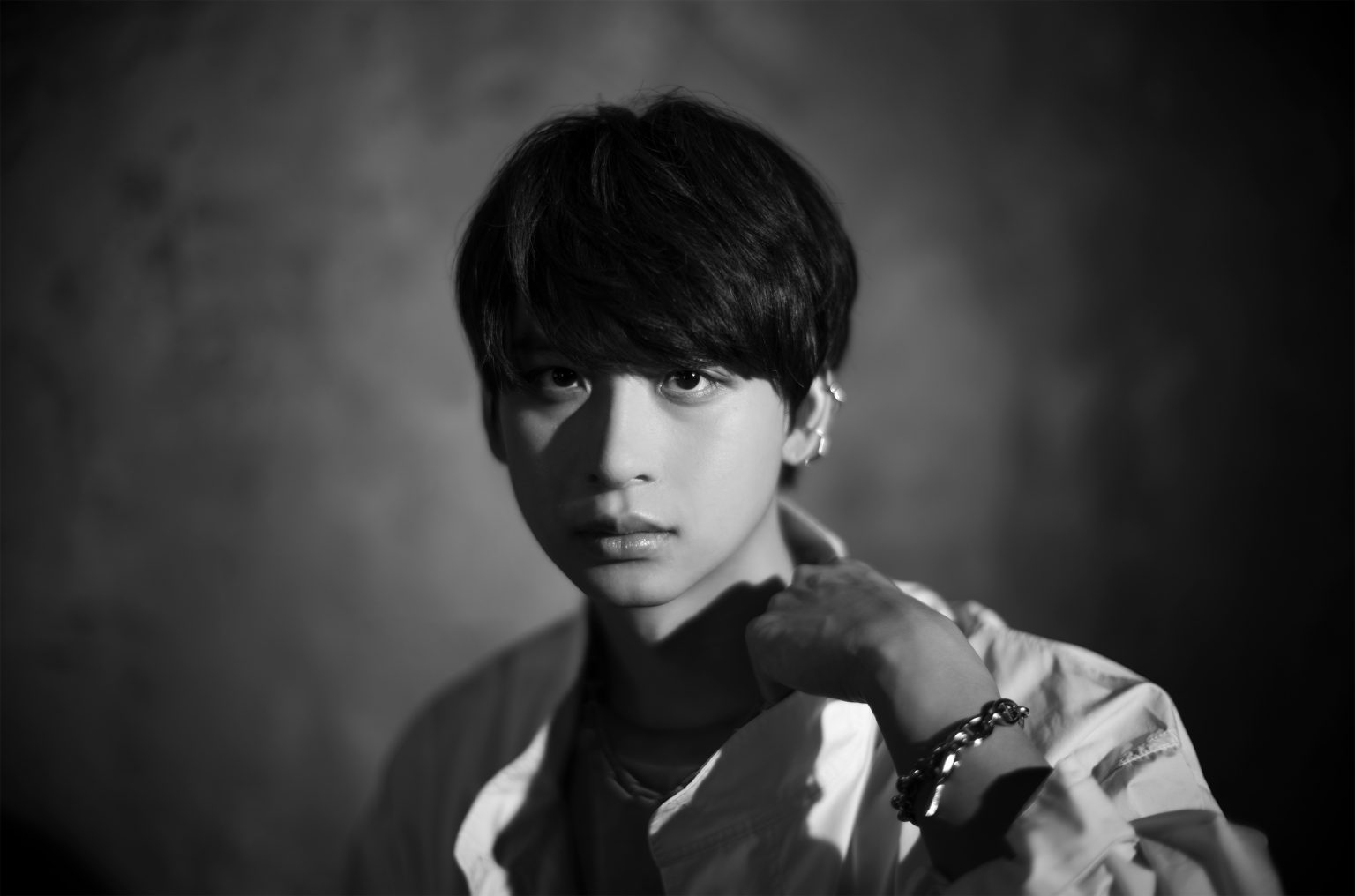
What are your favourite anime and songs of all time?
KEOGO from FLOW: The first anime song we created as FLOW in Naruto and the song was ‘GO!!!’ which was the fourth opening song for the Naruto anime.
ASCA: Attack on Titan left a lasting impression on me, particularly with its legendary 18-second combat scene. This compelled me to dive into the original work in one go.
Despite the fantasy setting of humans versus giants, the narrative mirrors aspects of our contemporary society, consistently prompting reflection on the theme of ‘justice.’ It’s a work I love and have watched over and over again.
In the final season, the ending theme, ‘Itterasshai’ by Higuchi Ai, contains the heroine Mikasa’s feelings for the main character Eren. Every time I listen to this song, it brings back memories of Attack on Titan’s exceptional storytelling and fills me with a sense of warmth. I truly love it.
Makiha: If I had to choose one anime that spira spica has worked on in the past, it would be ‘Sono Bisque Doll wa Koi wo Suru’ from My Dress-Up Darling.
Kitagawa Umi-chan is too cute! I love, love, love her! The opening song ‘Sansan Days’ is a track that straightforwardly expresses feelings about dreams and things you love. I believe many people got to know our band through this song.
There are many other favourite anime and songs, But I particularly love ‘Bluebird’ by Ikimonogakari and ‘Seishun Complex’ from the anime Bocchi Za Rock and sing them often.
Who-ya: Certainly, every anime project I’ve been involved in holds a special place in my heart, so it’s a challenging question.
But I think Jujutsu Kaisen, for which I performed the theme song ‘VIVID VICE’ in 2021, is a work that connected Who-ya Extended with many people not only in Japan but also overseas.
It’s been about a year now since I started performing live overseas, and through experiences like this, I’ve come to realise how much love anime and music, two cultures that Japan possesses, receive globally.
‘VIVID VICE’ especially taught me this. As this will be my first live performance in Malaysia, I am looking forward to what kind of special day it will be.
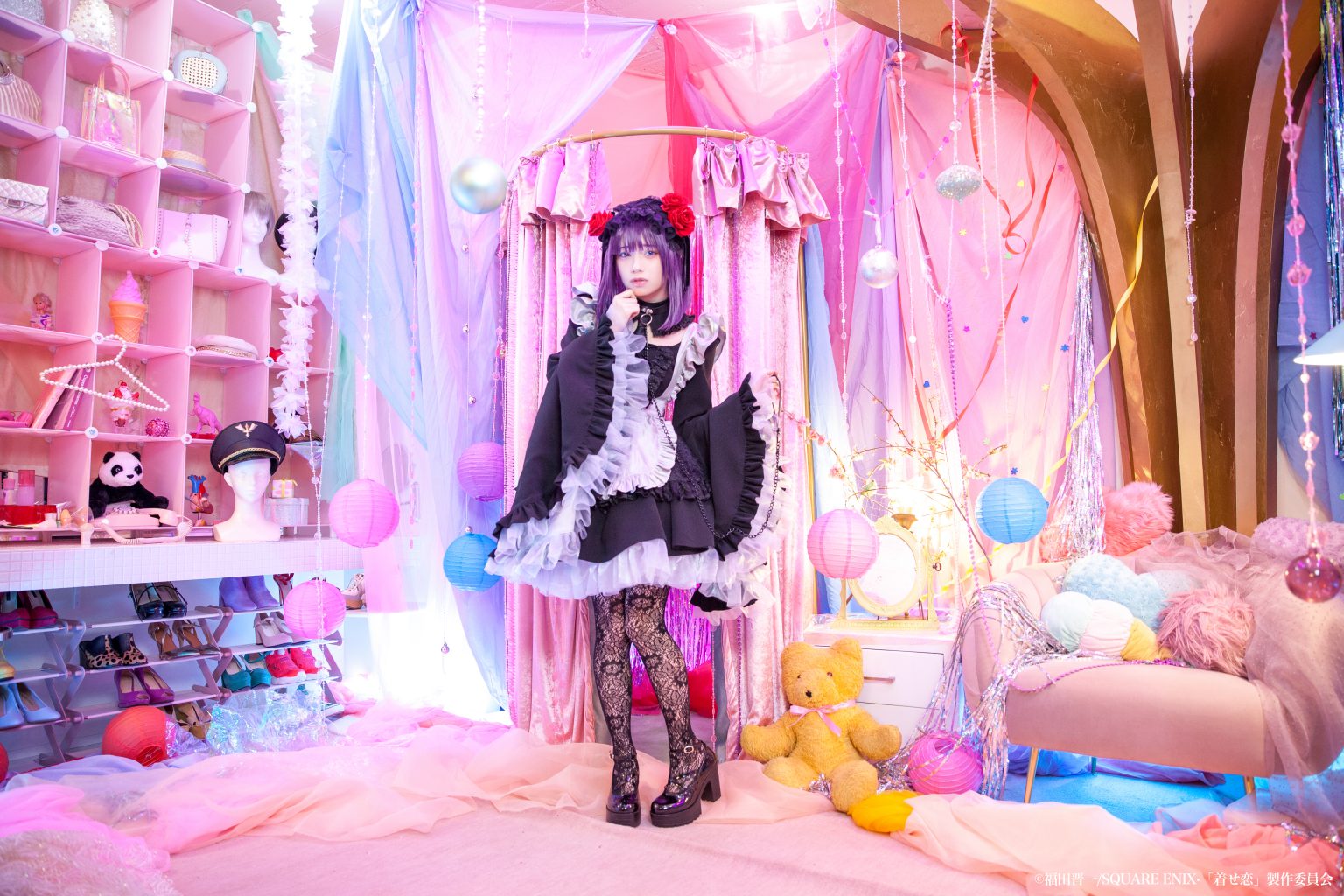
Akari Akase: I like Black Butler, I’ve been reading the manga, and the style and world-building align perfectly with my preferences.
As for music, I like Sid’s ‘Monochrome no Kiss’ and ‘V.I.P.’ They were the theme songs for the anime Black Butler and Magi, and Sid’s unique lyrics, musical style, and singing approach complement these shows.
What advice do you have for those looking to make it big in music someday?
KEOGO from FLOW: Above all, I believe that enjoying what we do is most important. I also think it is important to respect the members and staff around you.
ASCA: I believe success is defined differently for each person, but I think the most important thing is to pursue what you “love” and enjoy everything you do. Age doesn’t matter. Be grateful for the people around you and let’s move forward together with unfounded confidence!
Makiha: A senior I respect once taught me the importance of training your body and mind. If your body is healthy, you can aim for any performance, and by strengthening the body, confidence grows, making the spirit resilient.
To sing for a long time, I believe that being healthy is the most crucial. And then, I will work hard every day so that I will be ready whenever the opportunity arises. Hoping that someday spira spica can achieve success as well, I will do my best!
Who-ya: I’m still in the midst of pursuing my dreams, so I don’t know if I can call it advice, but I believe it’s important to wholeheartedly pursue what you love until you reach the point of hating it.
For me, that passion lies in music and entertainment. Whether it’s music or any other endeavour, if you keep at it until you dislike it, and yet find yourself still continuing, wouldn’t that be a remarkable form of success?
Akase Akari: There aren’t many things I can say, but I found that rather than “singing” the lyrics, “performing” is a better approach for me when it comes to conveying the essence of a song.
I believe there’s a singing style that perfectly fits each individual, so I hope you can discover that for yourself.

Check out more of the SACRA MUSIC FES. 2024 here.


 Get Audio+
Get Audio+ Hot FM
Hot FM Kool 101
Kool 101 Eight FM
Eight FM Fly FM
Fly FM Molek FM
Molek FM


